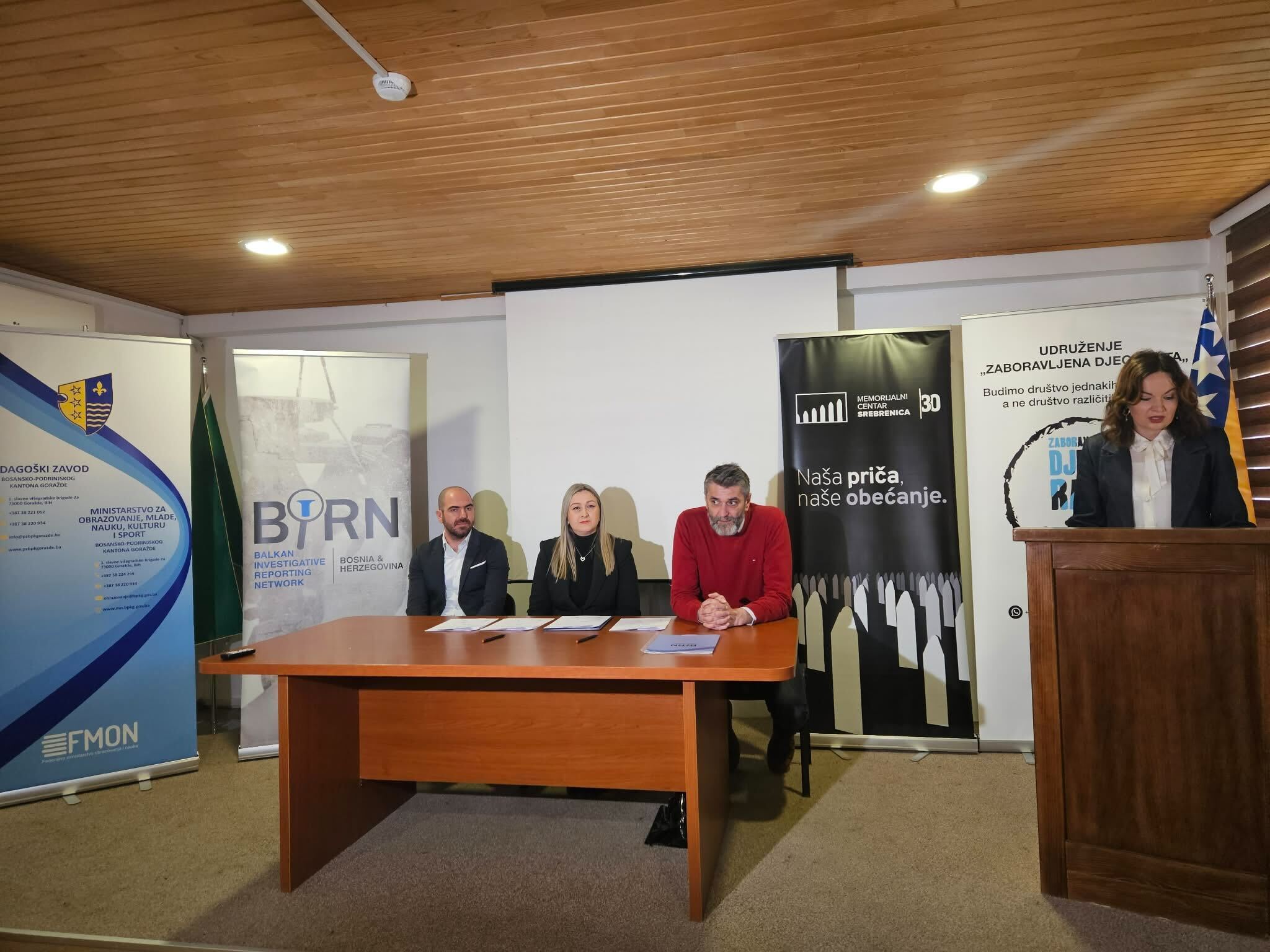This post is also available in: Bosnian
The then local officials from Banja Luka – Andjelko Grahovac, Novak Kondic and Nikola Erceg said that such plan neither existed nor was implemented in 1992.
Witness Grahovac, former member of the Crisis Committee of the Krajina Autonomous Region in Banja Luka, said that, contrary to the allegations in the indictment, the Committee had never received instructions to conduct persecution and ethnic cleansing.
Grahovac said that he visited a Republika Srpska Army, VRS, detention camp for prisoners of war at Manjaca and made sure that “detainees were safe” and that “rules were respected”.
Grahovac blamed the breakout of the war in Bosnia and Herzegovina upon a decision by Muslims and Croats to undertake “an illegal secession” of Bosnia and Herzegovina from Yugoslavia, which Serbs opposed.
While being cross-examined by Prosecutor Caroline Edgerton, Grahovac, however, confirmed that “hundreds of business premises” in Banja Luka, which were owned by non-Serbs, were blown up and that Muslims and Croats were thrown out of their apartments and houses.
“Yes, I did not agree with that. I thought that we, the Serbs, should fight against the reawakened Ustasha ideology among Muslims and Croats and not become involved in stealing their property,” the witness said.
Grahovac confirmed that “the Crisis Committee could have ordered the VRS to prevent that”.
“Committee President Radoslav Brdjanin publicly determined the percentage of Muslims, who could stay in Banja Luka, in order to show how big a Serb he was, but it had nothing to do with Karadzic or Krajisnik, who had never spoke about percentages and persecution of non-Serbs,” the witness said.
The Hague Tribunal sentenced Brdjanin to 30 years in prison for persecuting the non-Serb population from Bosanska Krajina and Momcilo Krajisnik to 20 years in prison.
Responding to a suggestion by the Prosecutor, Grahovac confirmed that a Muslim friend of his, who had never participated in combats, was detained at Manjaca.
The witness accepted the allegation that members of the “Vukovi s Vucjaka” unit pillaged non-Serb houses even when the unit was part of VRS.
As he said, Serbs “could not have used university professors to oppose” Muslim and Serb soldiers.
The indictment charges Karadzic, the then leader of the Serbian Democratic Party, SDS, and supreme Commander of the RS armed forces, with the persecution of Muslims and Croats throughout Bosnia and Herzegovina, which reached the scale of genocide in seven municipalities.
Nikola Erceg, former member of the Crisis Committee and President of the Krajina Autonomous Region, ARK, Government, said that the Committee did not have the authority over police and that it could issue orders to the Army.
Detention camps for non-Serbs in the vicinity of Prijedor – Omarska and Keraterm, were mentioned at Committee meetings, but only in terms of “logistic support”.
“Violence and persecution of non-Serbs were not parts of the ARK authorities’ policy. The Banja Luka authorities disposed of the property owned by Muslims and Croats, who had left, but only temporarily,” Erceg said.
Third witness Novak Kondic too said that “it was not the SDS’ policy to permanently remove the non-Serb population through genocide, extermination and forced relocation”.
According to Kondic’s testimony, the Crisis Committee in Banja Luka, in which he was “a money transfers” officer, had the role to “ensure a normal life” and not, as alleged under the indictment, “to be used as a tool for permanent removal of Muslims and Croats” through crimes.
The trial of Karadzic, who is also charged with genocide in Srebrenica, terror against civilians in Sarajevo and taking UNPROFOR members hostage, is due to continue tomorrow, November 27.

